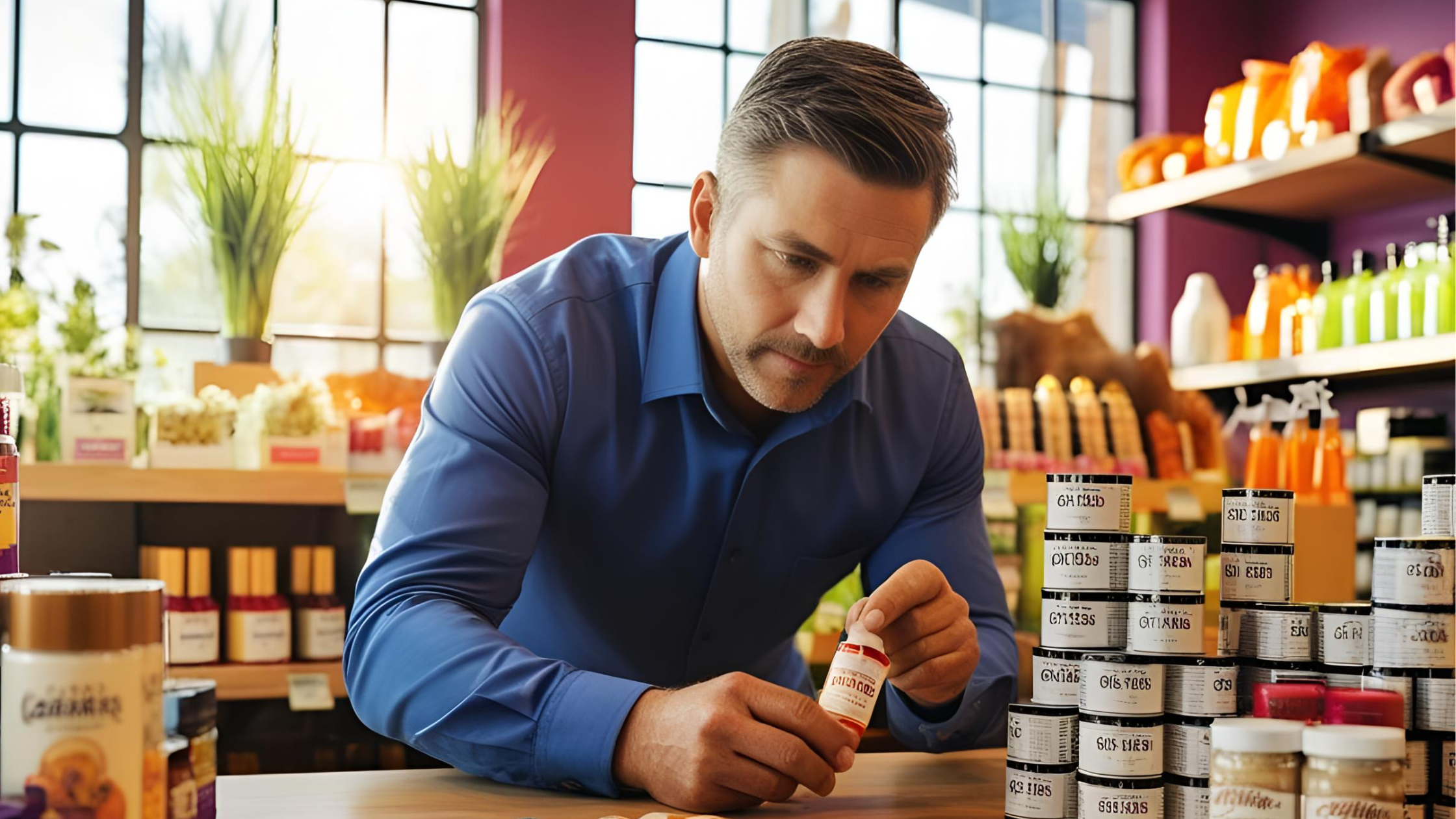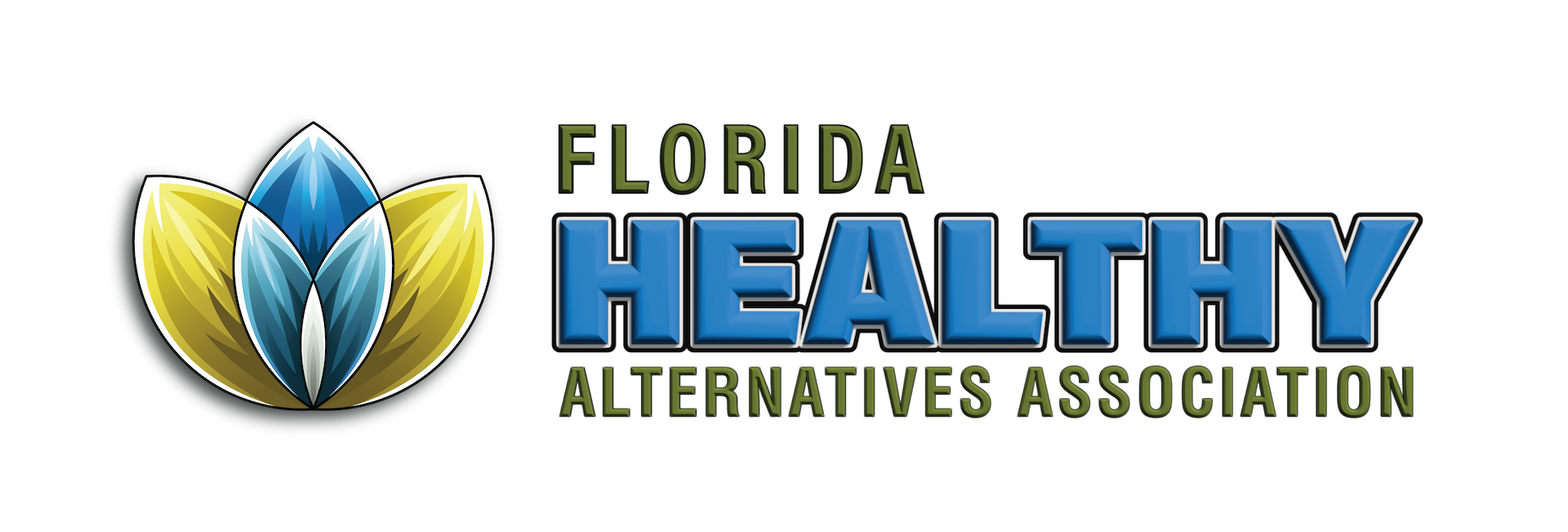
The Florida Hemp Business Compliance Checklist: Stay Legal, Stay Profitable
Launching or growing a hemp business in Florida offers huge potential—but only if you follow the rules. With state and federal regulations constantly evolving, compliance can seem overwhelming. This guide will help break everything down into clear, actionable steps so you can focus on what matters most: building your brand and serving your customers.
If you want to know how to stay compliant as a hemp business in Florida, use this step-by-step checklist to avoid common mistakes, steer clear of costly violations, and keep your operation running smoothly.
Why Compliance Matters for Florida Hemp Businesses
Getting compliance right isn’t just about checking off another box. It safeguards your business license, reputation, and income. Florida’s Department of Agriculture and Consumer Services (FDACS) takes enforcement seriously. Penalties for non-compliance can include license suspension, massive fines, and product seizures.
Maintaining compliance also builds trust with your customers. Transparent labeling, clean safety records, and adherence to the rules position your brand as credible in a crowded market.
Understanding Hemp Laws in Florida
Florida follows federal hemp guidelines set by the 2018 Farm Bill, but it adds state-level requirements too. Your business must comply with both when producing, handling, or selling hemp and hemp-derived products (like CBD oils, edibles, or topicals).
Key requirements include:
-
Hemp must not exceed 0.3% Delta-9 THC on a dry weight basis.
-
All hemp businesses must be licensed.
-
Strict recordkeeping and product testing are mandatory.
-
Labeling and advertising laws apply to all consumer products.
With that foundation, let's build your compliance process.
Step 1: Obtain the Right Licenses and Registrations
Apply for a Florida Hemp Cultivation License
If you plan to grow hemp, start by applying through the FDACS Hemp Cultivation Licensing Portal. Gather the following:
-
Legal business documents (LLC, partnership, or sole proprietorship papers)
-
Property maps and GPS coordinates for every cultivation area
-
Proof of property ownership or lease agreement
-
A fingerprint background check for all key participants
FDACS will review your application within 30 days on average. Don’t plant anything until you get the go-ahead.
Secure a Food Permit or Hemp Food Establishment Permit
Processing, manufacturing, or selling hemp-infused foods, beverages, or supplements? You’ll need a separate permit from FDACS’s Division of Food Safety.
Tip: Even retail locations carrying pre-packaged hemp consumables need a Food Establishment Permit.
Register with the IRS and State
You must register your business with both the IRS (to receive an EIN) and the Florida Department of Revenue (for sales tax purposes). This is standard for any business but is closely checked in the hemp sector.
Step 2: Comply with Growing and Processing Regulations
Monitor THC Levels from Seed to Sale
Florida requires that hemp maintains a Delta-9 THC level at or below 0.3% at all stages.
-
Arrange for pre-harvest sampling by FDACS-approved labs within 30 days of harvest.
-
Retest if necessary; crops exceeding the limit must be reported and destroyed.
-
Always save testing results for regulatory reviews.
Adhere to Approved Hemp Seed Requirements
Use only FDACS-approved hemp seed varieties to reduce compliance risk. Keep records of all seed purchases, certificates, and contracts.
Track All Hemp Inventory
From seedlings to finished goods, keep detailed logs:
-
Dates of planting and harvesting
-
Sources and types of seeds or clones
-
Batch numbers
-
Quantity, weight, and test results
This inventory log supports traceability and fast compliance audits.
Step 3: Test and Label Products Accurately
Partner with Reliable, Accredited Labs
Only distribute products that pass quality, potency, and safety tests. Your hemp must be analyzed for:
-
Cannabinoid content (CBD, THC, etc.)
-
Heavy metals
-
Pesticides, herbicides, and fungicides
-
Microbials and mycotoxins
Follow Strict Product Labeling Rules
Florida requires all hemp-derived products to display:
-
The exact amount of each cannabinoid per serving
-
Batch or lot number
-
QR codes linking to an up-to-date certificate of analysis (COA)
-
Manufacturer/distributor name and address
-
Clear instructions and intended use statements
False or misleading health claims can result in enforcement actions, so keep your messaging factual and FDA-compliant.
Step 4: Maintain Comprehensive Records
FDACS conducts both scheduled and random inspections of hemp businesses. Keep everything organized:
-
Licenses and renewals
-
Lab test certificates for each batch
-
Inventory and transaction records
-
Purchase and sale documentation
Hold onto records for at least three years to ensure quick responses to audits.
Step 5: Stay on Top of Advertising, Packaging & Retail Requirements
Review All Packaging for Compliance
Packaging must be tamper-evident, child-resistant, and not appeal to children (no cartoon characters or misleading graphics). Avoid packaging that mimics candy or beverages popular with minors.
Adhere to Advertising Rules
Don’t claim your product cures, prevents, or treats diseases. All advertising materials should be accurate, transparent, and not target customers under 18.
Only Sell to Permitted Markets
Check local ordinances as some Florida counties or municipalities restrict or ban retail sale of certain hemp products. Selling interstate? Know the laws for each destination state.
Step 6: Educate and Train Your Team
Compliance is a team effort. Make sure every employee understands Florida’s hemp laws, knows how to read lab results, and follows proper documentation protocols. Regularly update your training procedures to cover new regulations as they come out.
Tip: Assign a compliance manager if your operation is sizable. They can focus on ongoing education and act as your liaison during inspections.
Step 7: Join Industry Associations and Stay Updated
Florida’s regulatory landscape changes fast. Participate in hemp business groups like the Florida Hemp Association or the U.S. Hemp Roundtable to keep up with the latest laws, best practices, and advocacy efforts.
Set Google Alerts or subscribe to FDACS updates and newsletters so you don’t miss any regulatory shifts or recall announcements.
Common Compliance Pitfalls to Avoid
-
Neglecting recordkeeping can trip up even experienced operators.
-
Missing renewals on permits can pause business operations.
-
Using unapproved seeds risks costly crop destruction.
-
Improper labeling or advertising can draw warning letters or fines.
-
Selling in restricted localities can quickly get your license revoked.
By being proactive, you’ll avoid setbacks and keep your business healthy.
Sustain Your Success While Staying Compliant
Operating a hemp business in Florida is full of opportunity as long as you keep compliance front and center. Thorough paperwork, regular training, and strong industry connections will help you thrive in Florida’s promising hemp market.
If you need help navigating specific legal questions, contact a Florida hemp business attorney or reach out to FDACS’s dedicated hemp support resources. The effort you put into compliance today is an investment in your brand’s stability and growth for years to come.




